Identify the slope and y-intercept for the linear equation below.
y=−5x−8
slope = -5
intercept = -8
Name the ordered pair for the point graphed below.
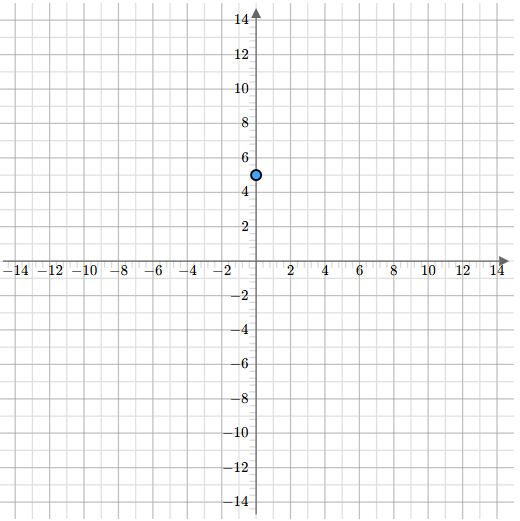
(0,5)
State whether the graph represents a function.
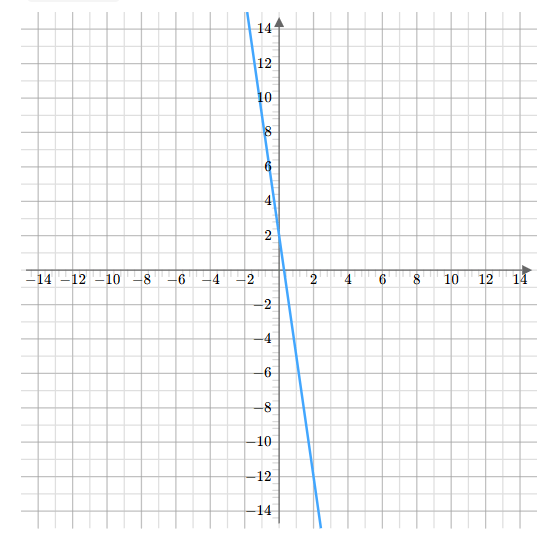
Yes, it is a function
Select the quadrant of the point below.
(−9,−2)
A. Quadrant I
B. Quadrant II
C. Quadrant III
D. Quadrant IV
C. Quadrant III
What is the domain and range of this function?
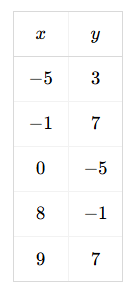
Domain: {-5, -1, 0, 8, 9}
Range: {-5, -1, 3, 7}
Determine whether the relationship represented by the table is a function.
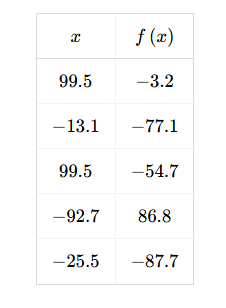
No, it is not a function.
Find the values of the absolute maximum and minimum for the following quadratic function. Enter 'dne' if the parabola does not have a maximum or minimum value.
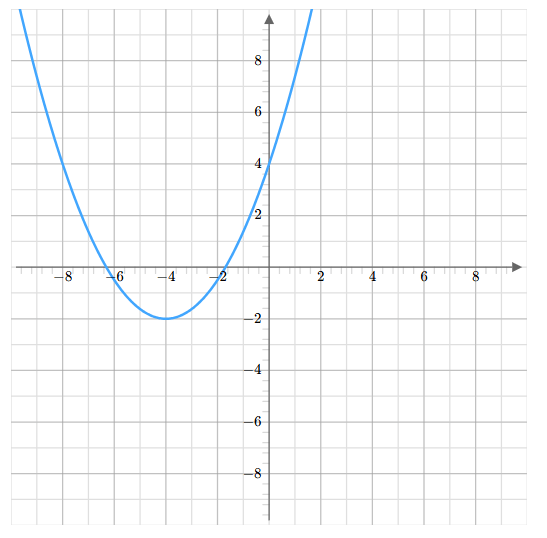
minimum: (-4,-2)
maximum: dne
State whether the mapping diagram below represents a function.
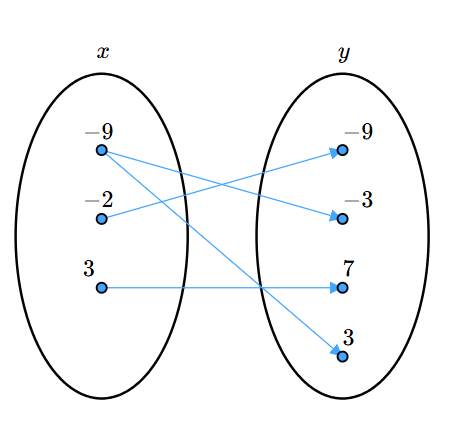
No, it is not a function.
Describe the end behavior of the quadratic function graphed below. Pick all that apply.
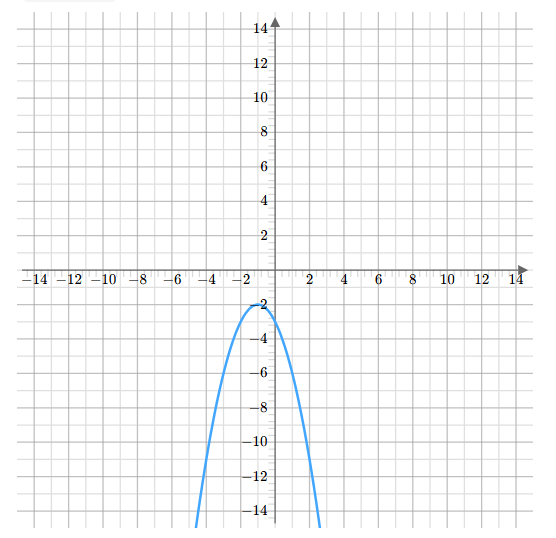
A. The function values increase as x approaches positive infinity.
B. The function values decrease as x approaches positive infinity.
C. The function values increase as x approaches negative infinity.
D. The function values decrease as x approaches negative infinity.
B, D
Find the coordinates for the vertex of the following quadratic function.
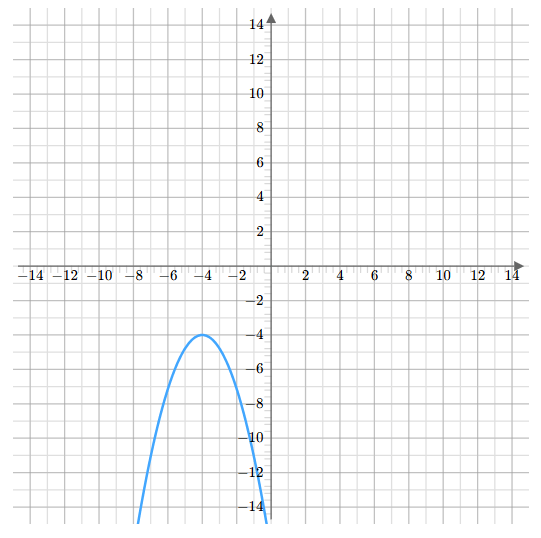
(-4,-4)
Identify the slope and y-intercept of the line below.
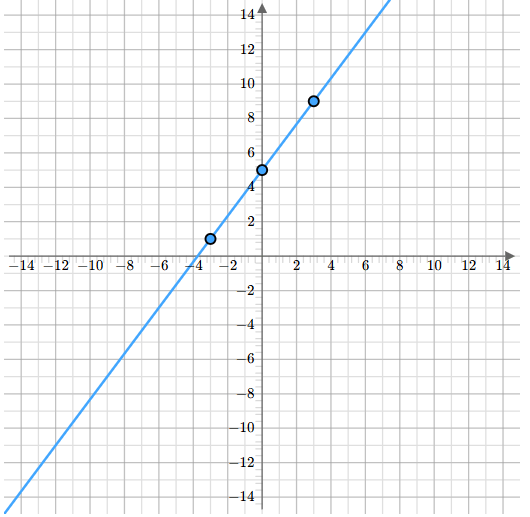
slope = 4/3
intercept = 5
Identify the correct equation of the line.
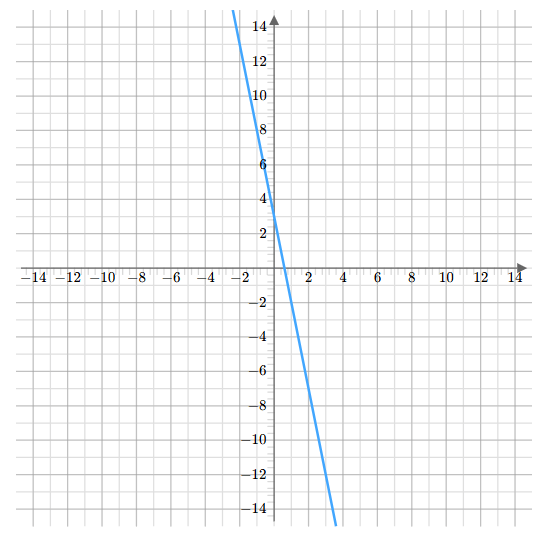
y=-5 x+3
What is the slope of the line that passes through the points (3, 6) and (−7, −4)?
1
Find the function’s range. Enter your answer in interval notation.
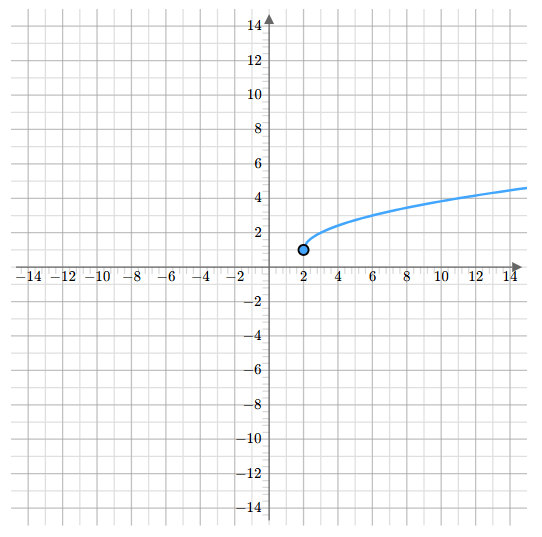
Range: [1, ∞)
raph the following equation.
y=x+4
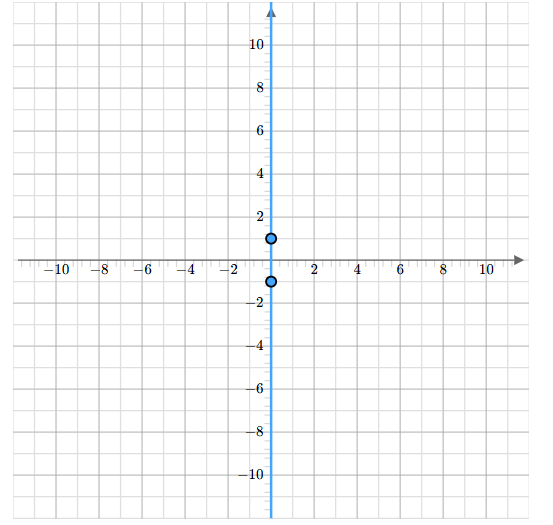
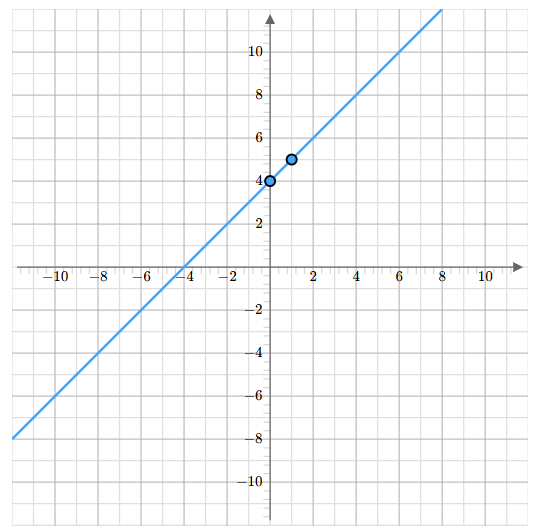
Describe the end behavior of the quadratic function shown below. Pick all that apply.
f(x)=2x2−3x−4
A. The function values increase as x approaches positive infinity.
B. The function values decrease as x approaches positive infinity.
C. The function values increase as x approaches negative infinity.
D. The function values decrease as x approaches negative infinity.
A, C
Find the equation of the line that has a slope of −5 and passes through the point (−6,1). Write the equation in point-slope form.
y-1 = -5(x+6)
Write the linear equation in slope-intercept form and simplify.
24x+6y=−12
y=-4x−2
Graph the equation below.
4x+12y=12
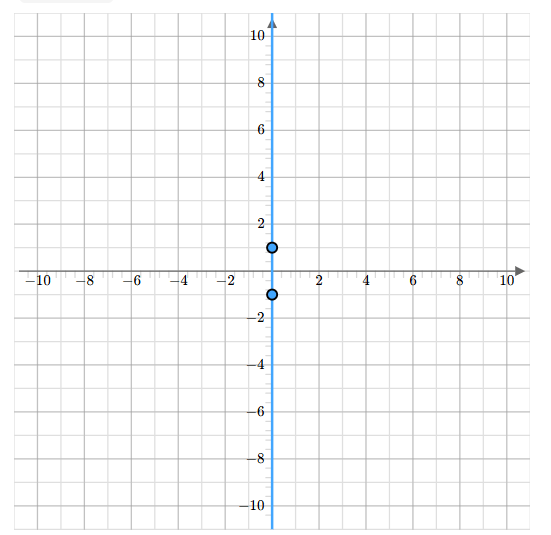
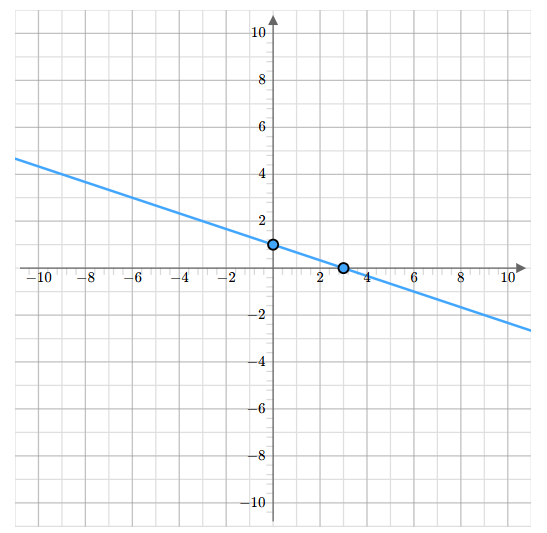
Find the equation of the axis of symmetry of the following quadratic equation.
g(k)=5k2−6k−3
x=3/5